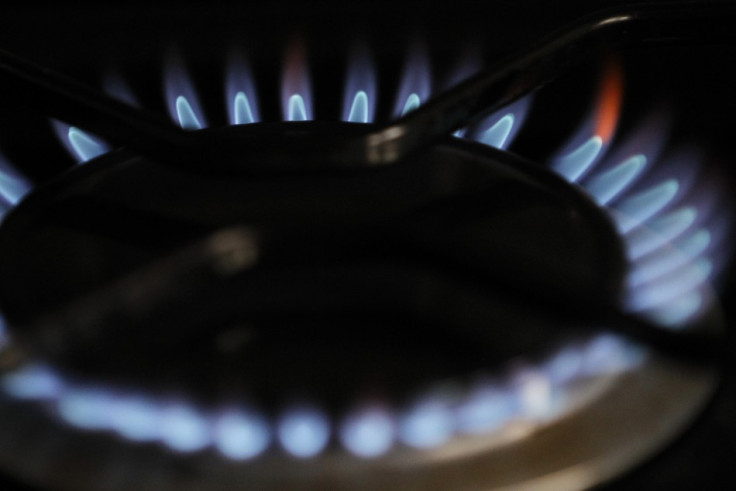Energy: Should UK regulators cap your gas and electricity bills? [Poll]

Energy customers are paying too much for their gas and electricity because of flaws in the market, so prices should be temporarily capped while it is reformed.
That is according to a review by the Competition and Markets Authority watchdog, which said there are millions of energy customers who are "paying too much".
Difficulties in switching provider, confusing bills and opaque information for consumers means people are paying higher prices than they otherwise could, said the CMA.
The watchdog said the average UK household spends around £1,200 on energy every year. Over a decade, electricity prices have rocketed 75% and gas prices 125%.
"While competition is delivering benefits to increasing numbers of customers, mainly through the growth of smaller suppliers with cheaper fixed-price deals, the majority of us are still on more expensive default tariffs," Roger Witcomb, chairman of the energy market investigation, said.
"Many customers do not shop around to see if there's a better deal out there – let alone switch. The confusing way energy is measured and billed can make comparing deals understandably daunting.
Some energy suppliers know they don't have to work hard to keep these customers. It's notable that there are such high levels of complaints about customer service.
"The result is that some energy suppliers know they don't have to work hard to keep these customers. It's notable that there are such high levels of complaints about customer service."
But prime minister David Cameron opposes regulating energy prices, despite the CMA's initial findings and his party's willingness to intervene in other sectors, such as the capping of rail prices for five years as the Conservatives promised in their election manifesto.
The argument in favour of regulating prices is that the market does not function properly and so consumers face unfairly high bills as a result. Regulating prices, therefore, protects consumers against aggressive profit-chasing by energy companies which exploit a failing market.
On the other hand, fixing prices can stifle competition by incentivising all firms to charge as much as they can, which can result in higher, not lower, prices than there would have been.
This can happen when the market shifts in the consumer's favour, such as falling wholesale prices for gas and electricity. Rather than competing to offer lower prices, firms are more likely to stick to the cap – leaving consumers worse off.
Moreover, heavy infrastructure investment is needed in the energy sector to improve and maintain networks, supply lines, pipes and so on. Capping prices can mean energy firms do not raise as much money as they need to meet their infrastructure needs.
It is a complex debate. But what do you think? Should regulators cap energy bills by fixing consumers' gas and electricity prices? Vote in our poll.
© Copyright IBTimes 2025. All rights reserved.






















